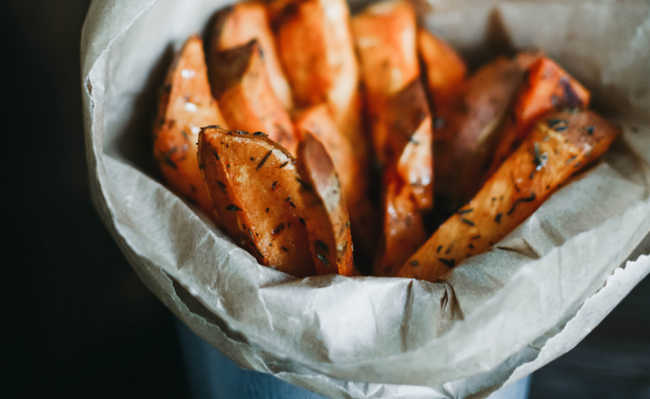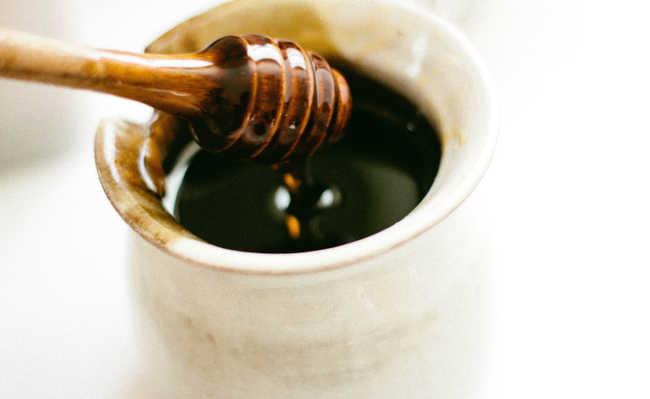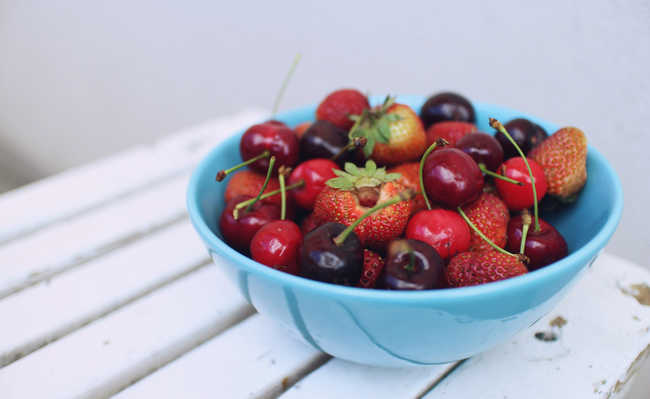Potatoes: benefits or harms?
Potato benefits or harm depends on the form and quantity consumed

Potato is the root of an incredibly versatile vegetable consumed in a variety of dishes around the world, scientifically called Solanum tuberosum. Although many people consider vegetables healthy, potatoes can be controversial in this regard (especially the fried version), as they have a high starch content.
- Benefits of Raw Potato Juice
Originally from the Andes of South America, the potato is cultivated in 160 countries around the world, with 1,500 to 2,000 different varieties that vary in color, size and nutrient content (see studies about it here: 1, 2).
Potato Benefits
There are many types of potatoes that include a variety of different sets of nutrients. One medium (173 grams) baked potato (of the russet, also known as idaho potato), with the skin, contains:
- Calories: 168
- Fat: 0 grams
- Protein: 5 grams
- Carbohydrates: 37 grams
- Fiber: 4 grams
- Sodium: 24 milligrams
- Vitamin C: 37% of the RDI
- Vitamin B6: 31% of the IDR
- Potassium: 27% of the IDR
- Manganese: 20% of the IDR
But the nutritional profile of potatoes can vary depending on the type. Red potatoes, for example, contain fewer calories, carbohydrates and fiber than potatoes russet, as well as a little more vitamin K and niacin (see study about it here: 3).
The way the potato is prepared also changes the amount of nutrients. Just peeling it can remove a significant part of the nutrients and fiber (see studies about it here: 4, 5).
Frying increases the fat and calorie content compared to other cooking methods such as roasting or steaming. In addition, processed potato products contain fewer nutrients and more calories, fat and sodium than potatoes prepared home-style.
- What are fresh, processed and ultra-processed foods
Potato contains antioxidant
Antioxidants are substances that prevent the formation of harmful free radicals, which contribute to chronic diseases such as heart disease, diabetes and cancer (see studies about it here: 6, 7, 8).
Potatoes are a good source of antioxidants, including specific types such as flavonoids, carotenoids and phenolic acids (see study about it here: 9).
One study compared the antioxidant activities of white and colored potatoes and found that colored potatoes were the most effective at neutralizing free radicals.
Another test-tube study found that potato antioxidants can slow the growth of certain cancers, including colon cancer and liver cancer.
Keep in mind that most of the research available is limited to test tube studies. More research is needed to determine how antioxidants in potatoes can affect the development of chronic disease in humans.
- Antioxidants: what are they and in what foods to find them
Provides resistant starch
Resistant starch is a type of starch that is not digested in the small intestine. Instead, it passes to the large intestine and feeds the beneficial bacteria in the intestine (see study here: 10), acting as a probiotic food.- What are probiotic foods?
Potatoes are a good source of resistant starch, especially when they are cooked or refrigerated and refrigerated they contain the greatest amounts (see study about it here: 11).
Resistant starch has been associated with a number of health benefits, especially in terms of blood sugar control and insulin sensitivity.
In one study, ten participants consumed 30 grams of resistant starch per day over a four-week period. They found that resistant starch increased insulin sensitivity by 33%.
Another study had ten participants supplemented with 50 grams of raw potato starch. They experienced reduced blood sugar levels and increased satiety.
In addition, resistant starch may be associated with other benefits, such as reducing food intake, increasing nutrient absorption and improving digestive health (see studies about it here: 12, 13, 14).
Improves feeling of satiety
One study created a satiety index for common foods, giving 11 to 13 participants multiple foods and getting a satiety rating for each. At the end of the study, the baked potato proved to be seven times more satisfying than croissants.
Another study compared how rice, potato, and pasta intake affected food intake and satiety in 11 participants. The result showed that potatoes had the highest satiety index and led to a reduction in calorie intake.
Potato skins also contain a good amount of fiber, which is digested more slowly, contributing to a feeling of satiety and reduced hunger (see study about it here: 15).
Some types of potatoes increase weight
Some studies have found that there is a positive association between eating certain types of potatoes, processed potatoes and weight gain.
A 2009 study followed 42,696 participants over a five-year period. And came to the conclusion that eating potatoes is associated with an increase in waist circumference in women.
Another study looked at the eating patterns of more than 120,000 participants. It concluded that the normal potato and the processed potato were the two largest contributors to weight gain, with each serving per day leading to an average weight gain of 0.58 kg and 0.77 kg, respectively.
However, other studies found no association between potato consumption and increased waist circumference or obesity (see studies here: 16, 17).
Certain processed potato products, such as bagged potato chips, contain more calories and fat than potatoes that have been boiled, steamed, or baked. Excess calories, regardless of the food source, can lead to weight gain.
When consumed in moderation and as part of a balanced diet, unprocessed potatoes are unlikely to lead to weight gain.
Contains glycoalkaloids
Glycoalkaloids are a potentially toxic family of chemical compounds that, when consumed in large quantities, can have adverse health effects.
An animal study has shown that glycoalkaloids found in potatoes can affect digestive health and can even aggravate inflammatory bowel disease.
Other symptoms of glycoalkaloid toxicity include drowsiness, increased sensitivity, itching, and digestive symptoms (see studies about it here: 18).
However, when consumed in normal amounts, glycoalkaloids are unlikely to cause negative effects.
Adapted from Healthline










